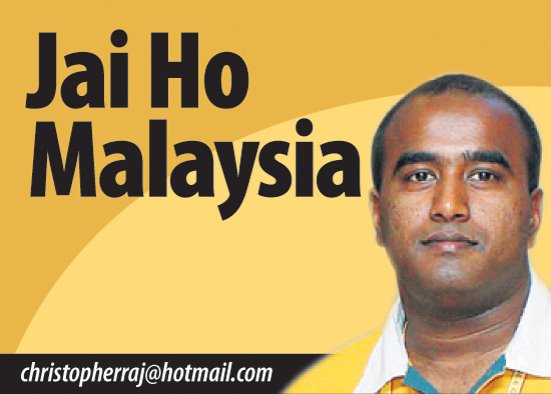
The Malaysian Super League Sdn Bhd (MSL) plans to adopt a three-pronged approach to provide assistance and support to enable clubs and state teams to improve the commercial aspects of football.
MSL, the commercial arm of the Football Association of Malaysia (FAM) unveiled its plans during the first 2011 M-League team briefing held at Wisma FAM in Kelana Jaya, Wednesday.
At the briefing, attended by representatives of teams participating in 2011 tournament, MSL Chairman Tan Sri Annuar Musa announced the appointment of Stuart Michael Ramalingan as MSL’s new Chief Executive Officer (CEO).
Stuart, 39, has been a Professionalisation Consultant and Regional Instructor with FIFA since 2008. He is also the founder of The Brainchild Group, an Integrated Marketing and Communications Agency.
Tan Sri Annuar, who is the Deputy President of FAM, also unveiled the new logos for the M-League, Super League and Premier League.
MSL plans to take Malaysian football to the next level by improving the commercial aspects of the sport in line with the developing standard of the game.
For this, MSL plans to adopt a three-pronged approach to provide assistance and support for teams to grow the business side of things, mainly in marketing sponsorship, media relations and fan base development.
The first of the three initiatives is aimed at helping teams make more money through enhanced marketing and promotional efforts. MSL will soon equip club and state teams with the necessary expertise to handle commercial negotiations and providing direction, assistance and support.
Tan Sri Annuar also announced that MSL will conduct workshops on brand building and sponsorship procurement for team management and administration staffs.
Among the programs scheduled is a media workshop themed ‘Making Media work for you – WHY, HOW AND WHEN?”
To assist teams in building a larger fan base, MSL will also implement a uniformed fan club system for all club and state teams while also providing teams with fan club development strategies.
During the briefing, MSL introduced teams to the commercial rights and activities of media partner ASTRO, which has pledged RM120 million to FAM over the next four years.






